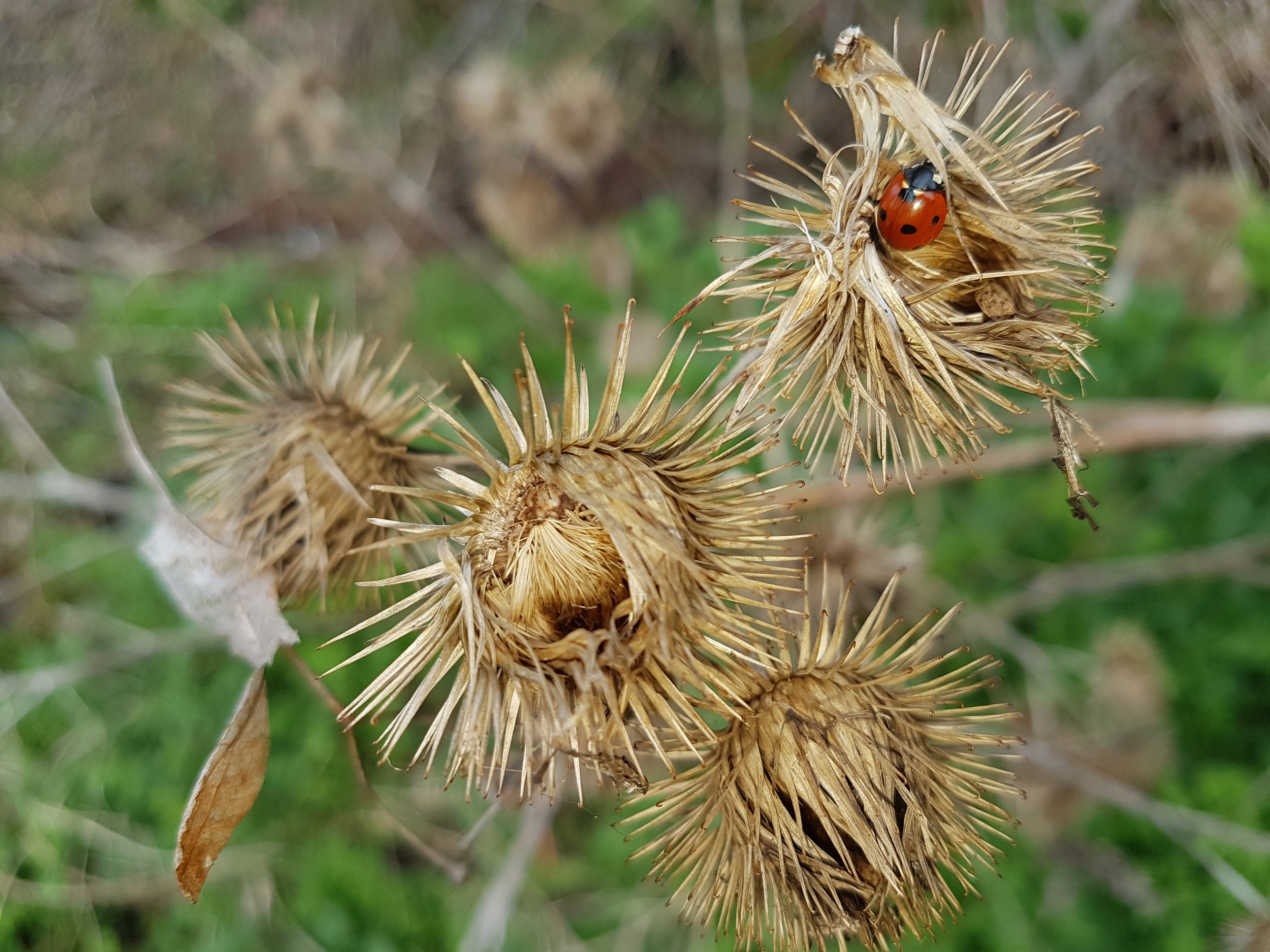Eat the forest: 'Found Food' goes foraging
In recent years, foraging has become a very popular activity. However, it has also come under a lot of criticism in the popular press, often fuelled by a misunderstanding of how nature works. For example, it has been claimed that picking mushrooms causes damage to a fragile ecosystem when there is no evidence to support this. Despite any criticisms, there are in fact many lesser-known well-being benefits to the practice of outdoor foraging for people, as well as benefits towards nature - when it is done in a responsible, sustainable, and mindful way. In fact, studies have shown that picking mushrooms has very little impact at all - positive or negative - on the fungal organism. You might even say that, by picking mushrooms, you are helping the mushroom’s spores spread further by carrying them through the woods.
How does foraging benefit me?
The benefits of foraging for people can be physical, mental, and emotional in nature, and their potential impact cannot be overstated. Physically, being outdoors means exercise - which we all know is good for us (although I hasten to add that foraging walks tend to involve a lot of standing, sitting, and observing, as well as walking) - but also, tree essential oils that we breathe in have been shown to stimulate our immune system. In addition, wild food can contain thousands of micronutrients that are absent from farm-grown and intensively-reared crops.
From a mental health point of view, it has been believed for hundreds of years that spending time outdoors has a positive effect on mood and outlook. More recently, science has advanced this belief with studies that concluded that people who spend time in nature have less anxiety, hostility, fatigue, confusion, depressive symptoms, and more vigour than those who remained solely in an urban setting.
Foraging is a naturally mindful activity, which can lead to emotional benefits. Similarly to forest bathing, foraging requires a focus and intensity which can block negative thoughts, and at times these can affect emotional well-being.
How does foraging benefit nature?
When I have posed this question on foraging walks, I often get the answer: “Does foraging benefit nature?”. Well, it’s complicated.
If we can imagine a less-than-responsible forager has seen a patch of a popular edible plant, and they rip it all up, leaving nothing behind but a muddy patch of chaos and destruction. Is this purely wrong? I would not for a moment suggest that this is in any way acceptable, but there are in fact plants that thrive on being treated badly.
We could instead look at a more acceptable scenario where a forager has cut, plucked, and carefully harvested a modest amount of an edible plant. Any gardeners out there will already know that the careful pruning of plants and trees can encourage more growth - but whilst foraging, we are also unwittingly spreading the fruit, seeds, and spores of plants and fungi simply by walking by them. Personally, I like to give nature an additional helping hand by tapping seed heads as I pass by, or dropping a few fruits for small mammals to eat and spread seeds themselves.
After all, this is how nature spreads and survives, and in the past there would have been many more wild animals and people in woodlands helping with dispersal. It is my opinion that doing our bit in this minor way is the least we can do.
Burdock seed heads - a root vegetable that improves digestion.
How to get started foraging safely
Many people who read this will have foraged at some point in their lives - whether blackberries and apples, or wild garlic and samphire. When we know confidently what something is - and that it is edible - it’s easy isn’t it? The key points to foraging safely are quite simple. Firstly, if you’re not 100% sure what it is - don’t put it in your mouth; secondly, develop your foraging skills by selecting one common local plant, and learn to identify it all year round. Over time, you will increase the number of plants and mushrooms that you are certain about, and before long have quite a repertoire. Eventually, you will be able to start creating interesting recipes for food and drink using your foraged finds.
Sea Bass in a Girolle mushroom sauce with sea beet, marsh samphire, and Alexanders seeds.
My top tips for developing your foraging skills:
1. Seek help from someone who knows what they’re doing
This does not have to be a professional foraging teacher (although I recommend looking at membership in the Association of Foragers). It could be a local expert or a friend who knows their stuff.
2. Read foraging books
These are the next best thing, but make sure to source books with a reputable publisher. Self-published books may be adequate, but published books may have higher editorial standards when it comes to factual information
3. Join online groups
Online groups can be helpful, often with very knowledgeable people posting information. However, be careful when taking a stranger’s advice without doing your own research to confirm it.
4. Use mobile apps
Similarly to online groups, apps can be useful as a starting point in your research. However, I recommend not trusting an app if you intend to eat the foraged item. There are countless examples of apps giving incorrect identification, and this could result in potentially dangerous consequences.
5. Get outdoors
Spend as much time in the woods as possible - as I mentioned earlier, there are multiple well-being benefits. Furthermore, the more time you spend with plants and trees, the more you’ll come to recognise and appreciate them.
The author, trying a little cow parsley.
Written by Gavin Ireland (Found Food)
9Trees accept no responsibility for or liability for the content in this blog post.






